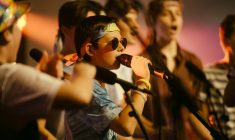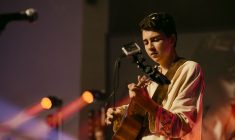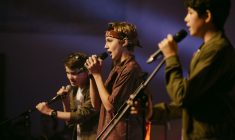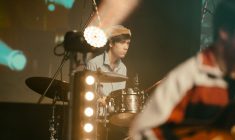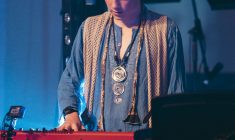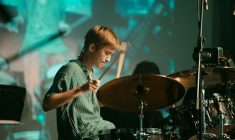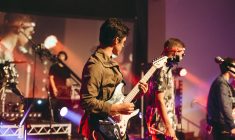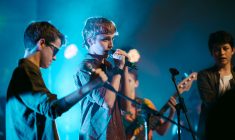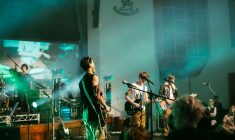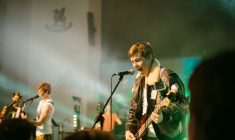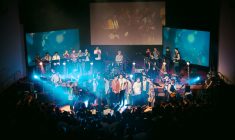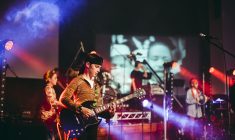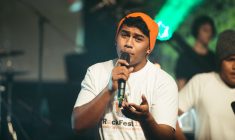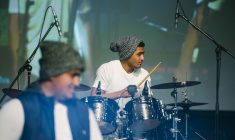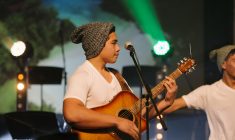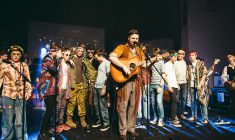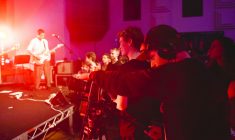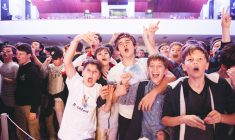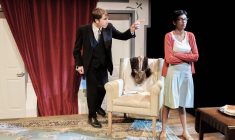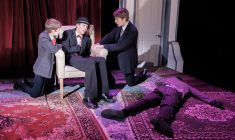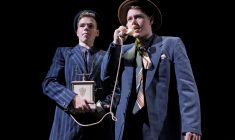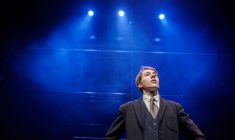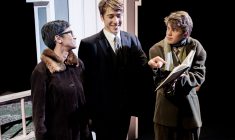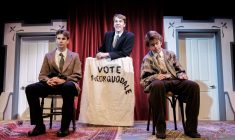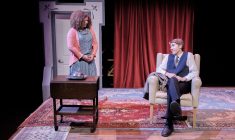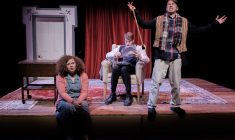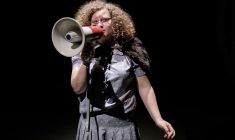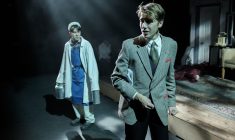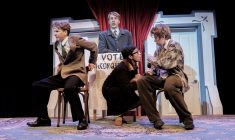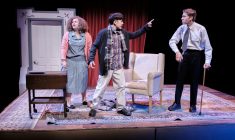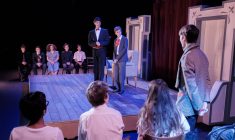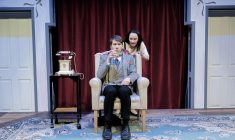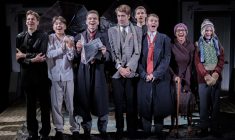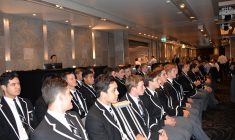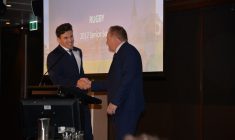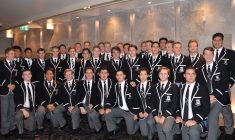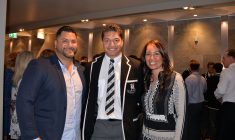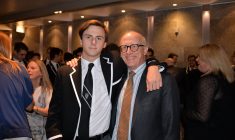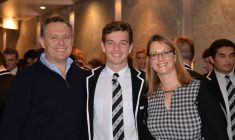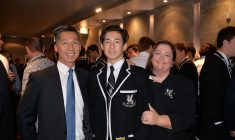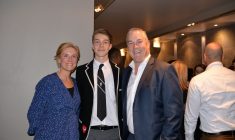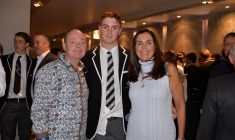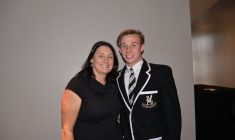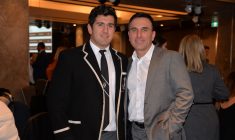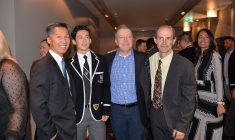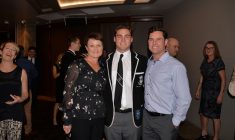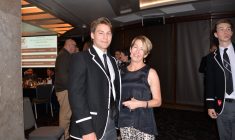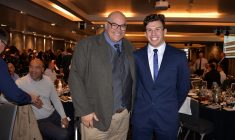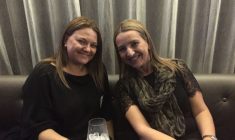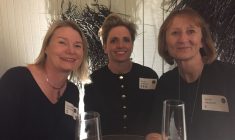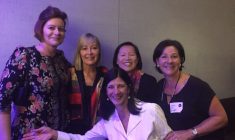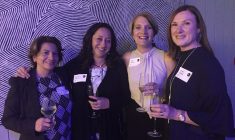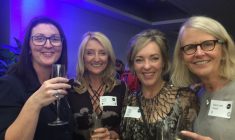De-grading our students’ work
It’s nice to have an impact on boys when you walk into a classroom.
But there are some days when the focus of attention turns from me, to what I am carrying. Some days there is a perceptible, even audible intake of breath around the room as, for the first time in weeks, twenty seventeen-year-olds are quiet without request and seem tangibly nervous. There is no playful wit from the back of the room commenting on my tie, no half-muttered (but well researched and planned) backhanded question “How did those Parramatta Eels go on the weekend, Sir?”.
The only difference on those days is that I am carrying a folder of marked assessment tasks. They might be test or exam papers covered in red ticks, essays with copious notes scrawled on the back page, or feedback sheets with coloured-in boxes and comments on a recent presentation. Someone says what they are all thinking; “Oh no, we are going to get our marks back.”
When I start talking they are all ears, not a sound to be heard. At second glance there appears to be a sea of glazed eyes, sort of staring, but not really focussing. I make some joke, and (very strangely for the quality of my usual material) not a groan or a complaint. The boys are “there”, but really not really “there”.
I pass the papers out, and there are strange sounds. Sighs of relief, whispered curses, the inevitable cry from one side of the room to the other “What did you get?”. The rest of the lesson is punctuated with common refrains, irrespective of the subject or year group. The apparent injustices perpetrated by the marker and their criteria, the calls for redress and review on one part of one of the sub-sections of the second-last question because “I really think I deserve an extra mark” and the holy-trinity of assessment queries: “What was the top mark? What was the average? Do you have class ranks, Sir?”
When you watch the boys walk out of the lesson, you wonder whether their lockers have secret compartments in their bases that for generations contain returned assessment tasks over the years, never again to see the light of day. I wonder whether the lining of their school bags are in perfect condition, protected by layers of marked essays and exam papers stuffed deep down and forgotten as the year wears on. Their marks live on in their memory, enshrined forever in spreadsheets, but I wonder whether the work that produced them and the questions they should provoke have the same lifespan.
It also intrigues me that students find marks a greater source of anxiety than any other of the parts associated with assessment. It is not the feedback on their work they find confronting, nor is it the corrections or edits that were made. It is rarely their teacher’s recommendations of strategies to improve their work, and it is almost never the rubric or detailed marking criteria that gets distributed. It is the 15/20, the 62%, the 18th out of 24 that lingers in mind.
There is a substantial body of research that argues that the traditional ways that we measure students’ performance, using marks and grades, gets in the way of learning and gets in the way of students getting more out of themselves. Black and Wiliam (1998) in their seminal work on assessment shines a light on the links between the tasks students complete and their academic progress over time. They argue that any test or task or project promotes progress when it is part of a road-map for how to move from where they are now to where they want to be, and gives ‘some understanding of a way to close the gap between the two’. Marks and grades may give us an indication of where someone is at any point in time, but that 75% or that Level 3 grade do not give anyone any direction about which way to go.
Do we need to take marks away from our boys, to degrade their work? How often, when students get assessment back do the grades distract students from the feedback that gives that direction? How often, on one hand, does the disappointment of a mark overpower the ability of a boy to look honestly and critically at what their teacher has said and recommended? On the other, Lipnevich and Smith (2008) note that students who get grades they are happy with ‘focus on the quantitative aspect of learning’ and lose motivation to perfect their work. (p 37). Their satisfaction sets a ceiling on their effort – they have done enough to get where they are, the mark is no motivator to achieve more.
Comparative research is interesting. Studies where students, on receiving an assessment back, are only provided feedback with no marks show that there is growth in student performance (for all levels of ability) over feedback that includes marks. Interestingly, it tells us that there is almost no difference in a student’s academic progress if the student only receives a grade or mark compared to receiving marks and a grade. The mark written at the bottom of the page in red pen, with a little circle drawn around it, drowns out all else.
We all want better for our boys as their teachers or their parents. Many tasks and subjects ask boys to submit drafts and work-in-progress so they can test their ideas as they develop them. Lots of teachers use returning assessments to help the boys identify short and longer term strategies as they head into the next term. Lots of classes will ask boys to think about where they are now and to set goals for where they want to be. There is a richness and a pragmatism about all of these that can tangibly help boys improve. And when they are the focus of conversation, they will.
We are not about to blank out reports or return exams with a red “censored!” sticker over the top of the box where the mark should be. But we will continue to ask more of our boys and encourage them to chase down and reflect on feedback, rather than worrying about their grades. We will continue to use research to explore the best ways that assessment its associated feedback can create better opportunities for boys to learn.
I hope that I can wander into a class to give back a set of papers at some point in time and their instinctive response will be ‘Thanks Sir, but what do we do now?’. That would be an interesting conversation.
Mr Trent Driver
Deputy Head of Stanmore / Head of Academic
- Black, P., & Wiliam, D. (1998). Inside the black box: Raising standards through classroom assessment. Phi Delta Kappan, 80(2), 139–149.
- Lipnevich, A., & Smith, J. (2008). Response to assessment feedback: The effects of grades, praise, and source of information. Princeton, NJ: Educational Testing Service.


